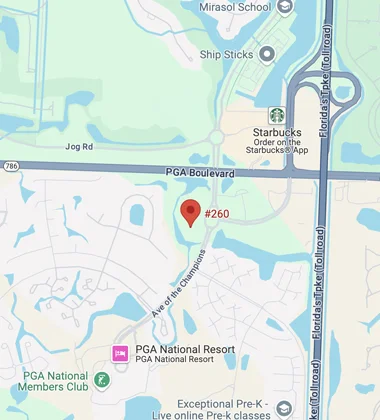What Does Joint Employer Status Mean Under Florida Employment Laws?

In a typical employment relationship in Florida, an employee works for a single employer who pays wages and carries the responsibility of complying with employment laws. However, it is also common for an employee to have a dual workload with two separate employers that are linked in some way. The arrangement establishes two or more entities as “joint employers,” all of which are subject to requirements of the Fair Labor Standards Act (FLSA). Companies must comply with regulations on wages, overtime, tipped employees, and more.
The regulations covering joint employers exist to protect employees. Without FLSA rules, companies could easily just point the finger at the other to assume responsibility for the worker under employment laws. An employer who disclaims you as an employee will gain financially, while you suffer the harm. Though you should rely on a Palm Beach Gardens employment lawyer to assist with legal remedies, some facts are informative if you were the target of unfair employment practices.
Overview of Joint Employer Regulations: You may work for multiple companies, but this does not automatically mean that you are jointly employed. There must be some relationship between the companies, such that decisions by one will affect the other. Factors that impact the assessment of joint employers include:
- Power to hire or terminate the employee;
- Authority and supervision over the worker’s conditions of employment;
- Control over scheduling the employee;
- Determination of the employee’s wages and rate; and,
- Retention of the employee’s employment records.
Common Joint Employer Scenarios: One of the most common situations of being jointly employed comes when you work for a franchise at multiple locations. In addition, agricultural workers in Florida are often employed by multiple companies. There could be a farm operator and separate foreman that are considered joint employers.
Another example is where two businesses are adjacent to each other and hire a person to perform custodial, maintenance, or cleaning services. Professional employment organizations and temp agencies may also be deemed as joint employers along with the company where the individual provides services.
Responsibilities of Joint Employers: When a worker is jointly employed, all entities that bear the employment relationship will be responsible for complying with FLSA and other employment laws. The companies must:
- Pay minimum wage at the rate of $12 per hour in Florida;
- Pay tipped employees $8.98 per hour; and,
- Pay overtime wages at the rate of $18 per hour for employees and $14.98 for tipped workers.
The overtime requirements are especially important for joint employers, because each carries the number of hours that apply toward the total. Once it reaches 40 hours in a work week, overtime must be paid by all employers.
Trust a Florida Employment Law Attorney for Guidance
A joint employer relationship is extremely complex, but you still have rights when one or more companies violate your rights as an employee. For more information on your legal remedies, please contact Sconzo Law Office to set up a free case review. Individuals in Palm Beach County can reach an experienced employment lawyer by calling 561-279-6114 or visiting our website.
Source:
dol.gov/agencies/whd/flsa

